OFFSHORE SERVICE
TCOM GLOBAL
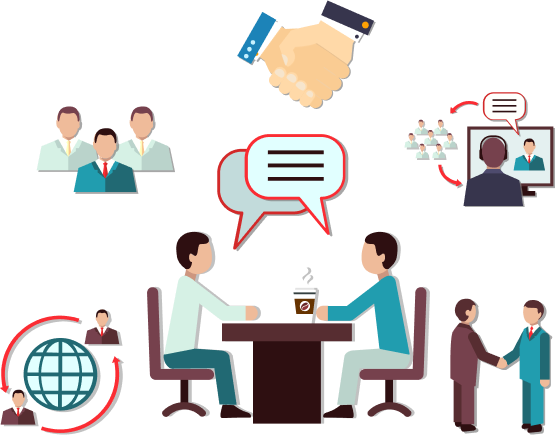
Offshore software development refers to contracting out the software development process to a third party in an overseas country. Companies that use offshore software outsourcing generally don’t have an in-house team with the necessary skills or headcount to complete their projects. Instead, these companies hire offshore developers with the right knowledge and experience.
WHAT DOES OFFSHORE BRING TO CUSTOMERS?
Offshore software development offers significant benefits for businesses, including cost savings, access to a global talent pool, scalability, faster time to market, focus on core competencies, enhanced quality and expertise, and risk mitigation. It allows companies to leverage lower labor costs, tap into diverse skills and expertise, quickly scale resources, expedite development with round-the-clock work, focus on strategic initiatives, access specialized knowledge, ensure high-quality deliverables, and mitigate project risks. However, effective communication and project management are essential to overcome challenges such as communication barriers and cultural differences.
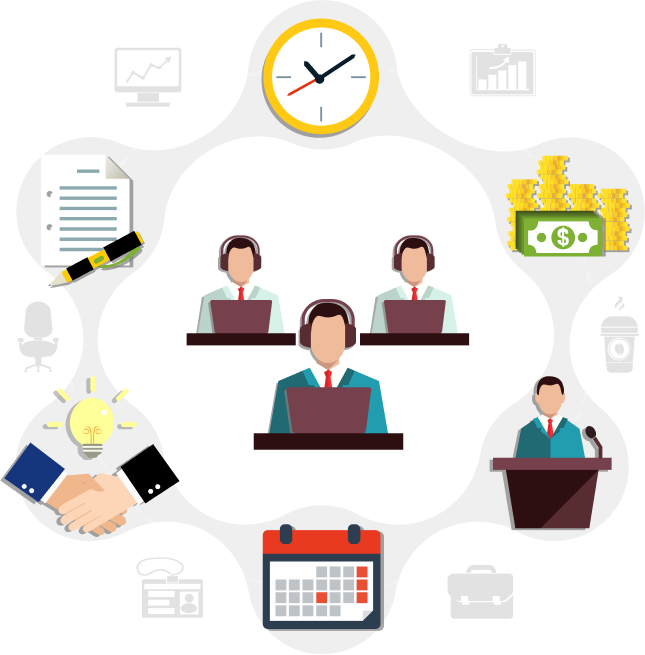
We provide the best quality Offshore service, the most optimal cost

Optimal cost
Best quality
Fastest Deployment
Outstanding Achievement
ENGAGEMENT METHODS
Project based
This is an offshore form where contracts are signed for each project. TCOM Global will manage the team and all activities in the project development process including description documents from customers, technical architecture, design, programming, testing, and product deployment.

Dedicated team (labor)
Customers will build, manage and operate a separate team on demand, located at TCOM Global. Labor ensures stable human resources for the project.
Pattern 1
Customers communicate directly with the team through BrSE at TCOM Global

Pattern 2
TCOM Global's BrSE works at the customer's company, and the implementation team is established at TCOM Global

OUR SERVICES
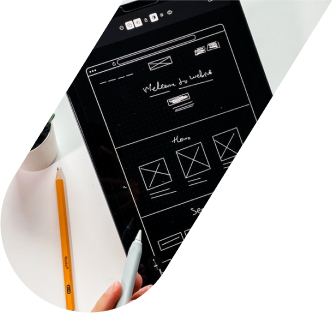
Working process
Simple, clear, and easy-to-collaborate working steps

01
Information gathering
Exchange of ideas, advice, research and clarification of requirements02
Design
System architecture design, interface sketching, UI/UX design03
Program
Functions programming04
Testing
Quality management, software testing, bug fixing05
Deployment
Deployment of test run, beta run and production run06
Evaluation
Evaluation of quality, performance









 CONTACT US
CONTACT US


